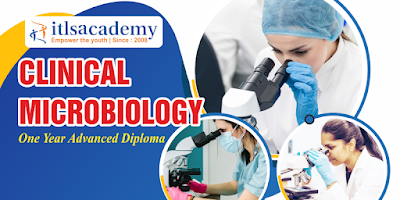Mode: Online
FOOD PROCESSING
Three Months Online Certificate
Course
Eligibility: Any Biological Science, Agriculture & Pharmacy
Candidate
Job Prospects: Food Industry
TOPICS TO BE COVERED
PART I BASIC PRINCIPLES
1
Properties of foods and processing theory
2
Process control
PART II AMBIENT-TEMPERATURE
PROCESSING
3
Raw material preparation
4
Size reduction
5
Mixing and forming
6
Separation and concentration of food components
7 Fermentation and enzyme technology
8
Irradiation
9
Processing using electric fields, high hydrostatic pressure, light or
ultrasound
PART III PROCESSING BY
APPLICATION OF HEAT
A.
Heat processing using steam or water
10
Blanching
11
Pasteurisation
12
Heat sterilization
13
Evaporation and distillation
14
Extrusion
B.
Heat processing using hot air
15
Dehydration
16
Baking and roasting
C.
Heat processing using hot oils
17
Frying
D.
Heat processing by direct and radiated
energy
18
Dielectric, ohmic and infrared heating
PART IV PROCESSING BY THE
REMOVAL OF HEAT
19
Chilling
20
Controlled- or modified-atmosphere storage and packaging
21
Freezing
22
Freeze drying and freeze concentration
PART V POST-PROCESSING
OPERATIONS
23
Coating or enrobing
24
Packaging
25
Filling and sealing of containers
26
Materials handling, storage and distribution













